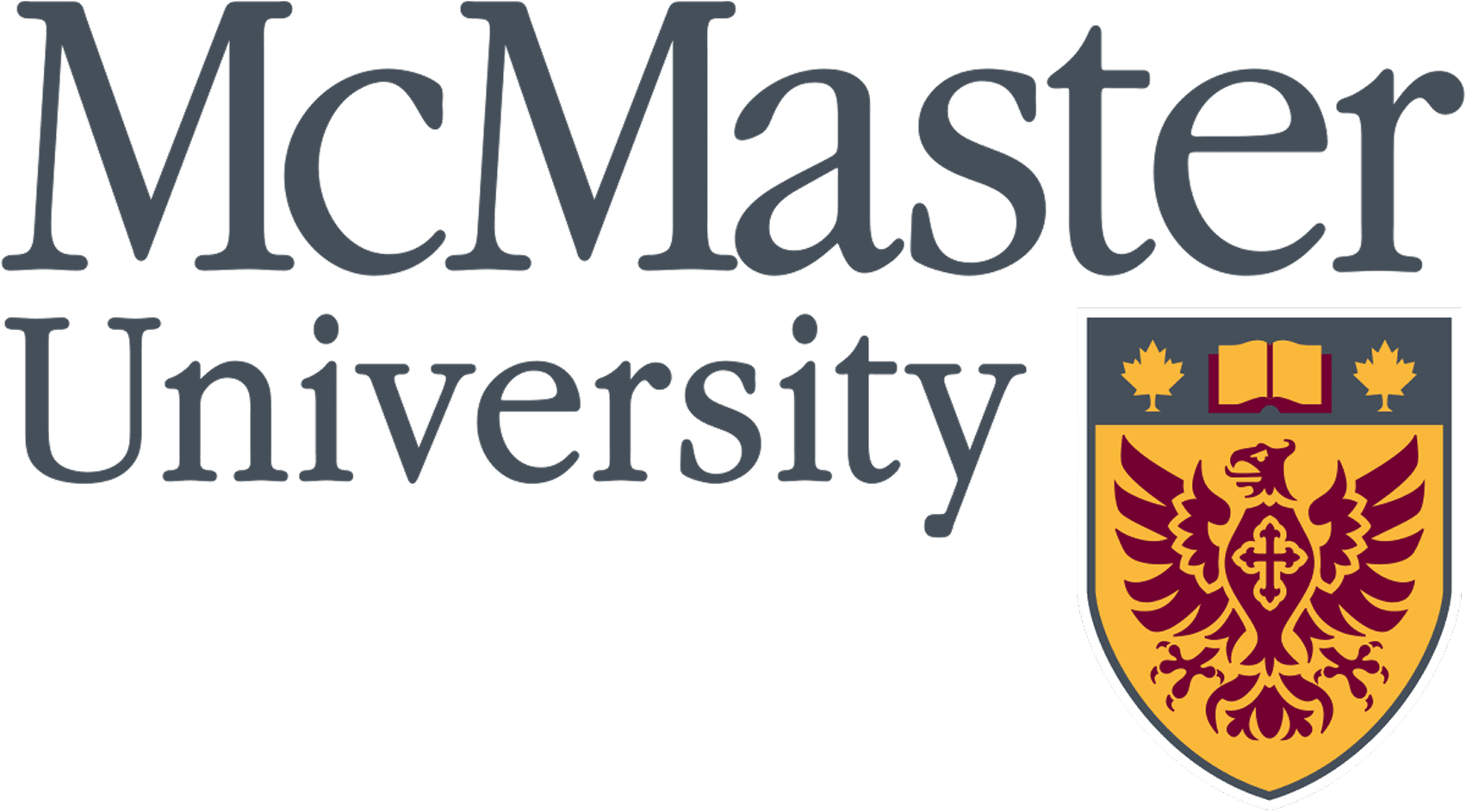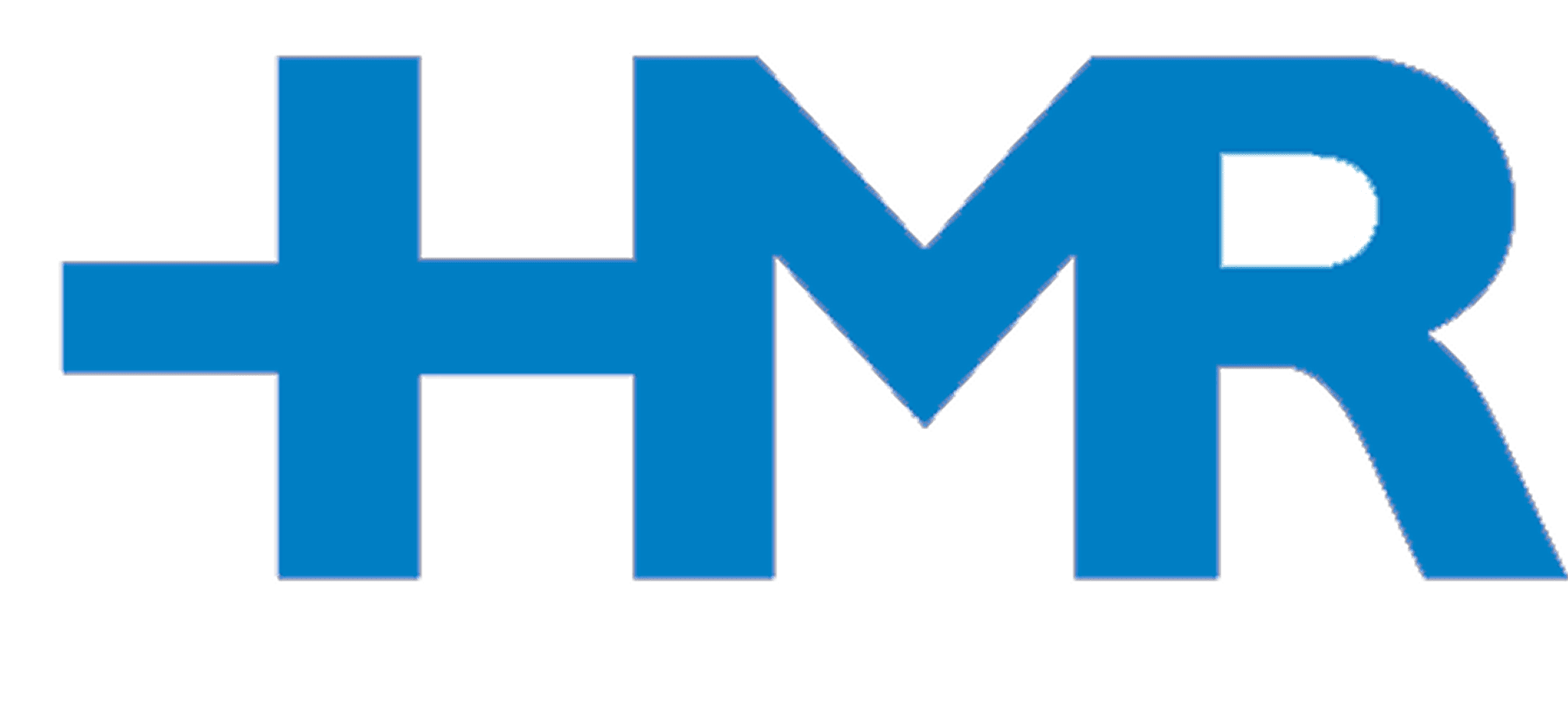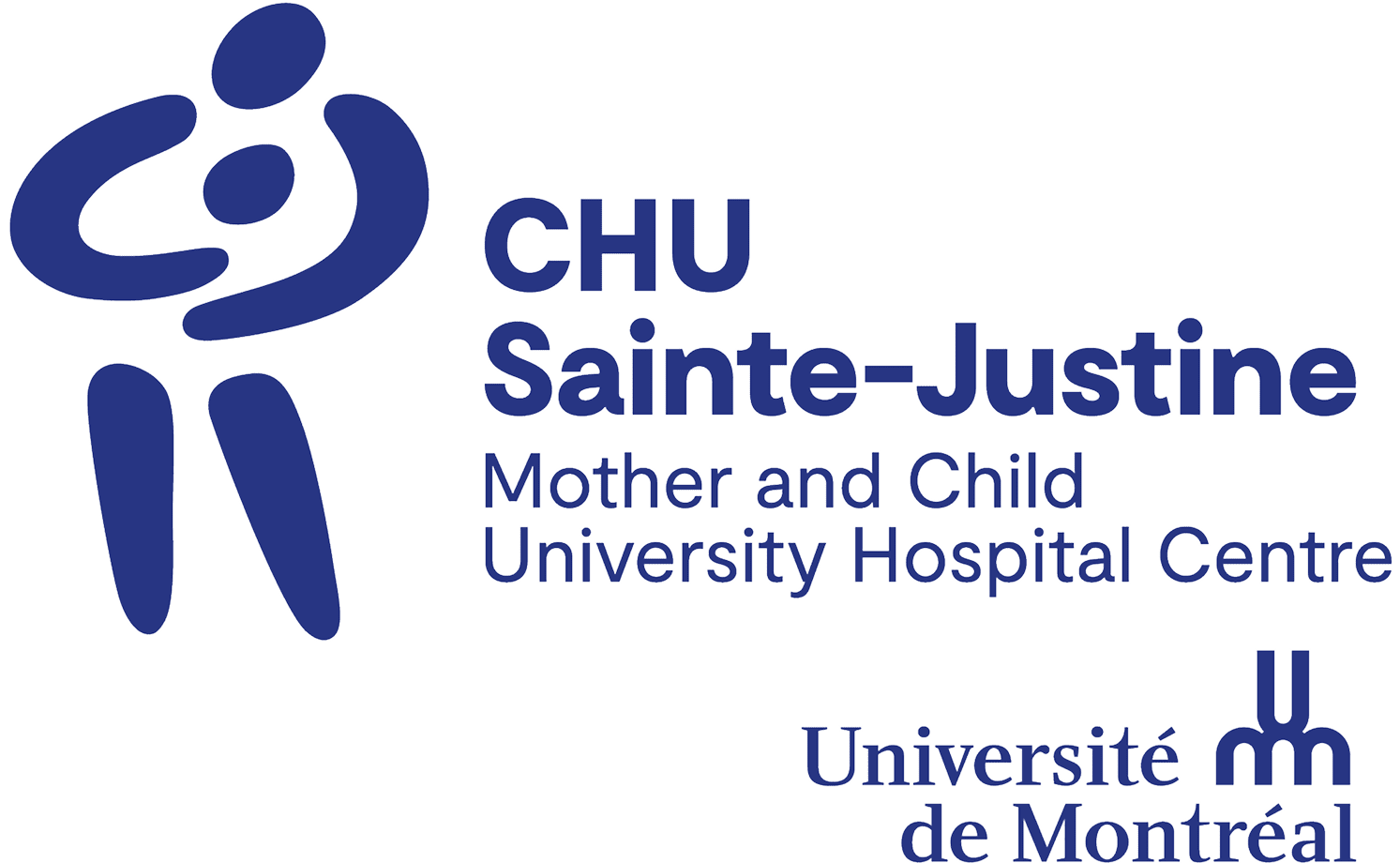Transforming the future of cancer care.
BioCanRx is Canada’s Immunotherapy Network — advancing discoveries into treatments that save lives.
Our vision? Turning all cancers into curable diseases.
What We Do

Translating Discovery Into Treatment

Accelerating Innovative Clinical Trials

Canada’s Immunotherapy Ecosystem
Our Impact
We invest in research that can transform cancer treatment across Canada. Our funding targets the most challenging phase: translating initial discoveries into clinical trials that directly benefit patients.
clinical trials
approaches advancing
to clinic
treated
funding
Partners
How Our Research Makes a Difference
CSEI Program
Understanding the Economic Value of Decentralized CAR-T Therapies for Adults with Relapsed/Refractory Acute Lymphoblastic Leukemia
Enabling Studies Program
Establishing a Canadian Platform for Cell Therapy Release Testing
Catalyst Program
Development of Reovirus-Based, Orally Administered, Colon Cancer Vaccines
Clinical Trials Program
An Open-Label, Multicenter, First-In Human Clinical Trial of PTX-102 mRNA Vaccine in Patients with Advanced Solid Tumors


Stephanie Michaud
CEO, BioCanRx


Dr. Jean-Simon Diallo
CEO and Scientific Founder at Virica Biotech;
Scientist, Cancer Therapeutics, Ottawa Hospital Research Institute (OHRI)

“For the first time in a long time, [my patient] Owen felt the lymphoma might be disappearing. Multiple scans since then show the same thing. Now he believes it. That’s why I do this—because patients like him, who once had no options, now have the option of CAR T therapy. That’s what happened for Owen and what we hope will happen for many more patients.”

Dr. Natasha Kekre
Scientist, Cancer Research at Ottawa Hospital Research Institute;
Hematologist, Transplant and Cellular Therapy Program at The Ottawa Hospital

“Being funded, by BioCanRx to help me help patients, it’s the most satisfying thing in my life. Even if it would only cause remission or really significantly improve survival in one patient, just one, I would be extremely happy.”

Humphrey Fonge, PhD
Doctor of Philosophy and Professor (Full) at Université Laval
Made-in-Canada CAR T
The CLIC Network
After collaborating at a conference in 2016, BioCanRx network investigators in Ottawa, Vancouver and Victoria began developing the safe and efficient production of CAR T cell therapy in Canada using a point-of-care (POC)-compatible method – closed and automated CAR T cell manufacturing equipment to fully capitalize on the advantages of automation. The therapeutic product that was developed, a CD19-targeting CAR T cell therapy called CLIC-1901, is fully made in Canada.
Today, CLIC is expanding its CAR T manufacturing and clinical trial know-how to other sites in Canada in order to enable access to novel CAR T cell therapies to an increased number of patients and in more provinces while also laying down the foundation to facilitate the treatment of other cancers.
- Plasmid manufacturing: BC Cancer Genome Sciences Centre (Vancouver)
- Lentivirus manufacturing: Ottawa Hospital Research Institute Biotherapeutics Manufacturing Centre
- CAR T cell manufacturing: BC Cancer Conconi Family Immunotherapy Lab (Victoria); Ottawa Hospital Research Institute Biotherapeutics Manufacturing Centre
- Clinical trial sites – adult: Vancouver General Hospital; Arthur J.E. Child Comprehensive Cancer Centre (Calgary); CancerCare Manitoba (Winnipeg); The Ottawa Hospital; Princess Margaret Cancer Centre (Toronto)
- Clinical trial sites – pediatric: BC Children’s Hospital (Vancouver); Alberta Children’s Hospital (Calgary); The Hospital for Sick Children (Toronto)

Lentivirus manufacturing: Ottawa Hospital Research Institute Biotherapeutics Manufacturing Centre
Clinical trial sites – adult: The Ottawa Hospital
Clinical trial sites – adult: Princess Margaret Cancer Centre (Toronto)
Clinical trial sites – adult: CancerCare Manitoba (Winnipeg)
Clinical trial sites – adult: Arthur J.E. Child Comprehensive Cancer Centre (Calgary)
Clinical trial sites – adult: Vancouver General Hospital
Clinical trial sites – pediatric: The Hospital for Sick Children (Toronto)
Clinical trial sites – pediatric: BC Children’s Hospital (Vancouver)
Plasmid manufacturing: BC Cancer Genome Sciences Centre (Vancouver)
Clinical trial sites – pediatric: Alberta Children’s Hospital (Calgary)
CAR T cell manufacturing: Ottawa Hospital Research Institute Biotherapeutics Manufacturing Centre
CAR T cell manufacturing: BC Cancer Conconi Family Immunotherapy Lab (Victoria)
Trusted Partners











We partner with leading Canadian research institutions to advance cancer immunotherapy from discovery to early clinical trials. Through collaboration, BioCanRx provides researchers with funding, expertise, training, and biomanufacturing support.
Bridging the Gap
Inside BioCanRx: Canada’s Immunotherapy Story
